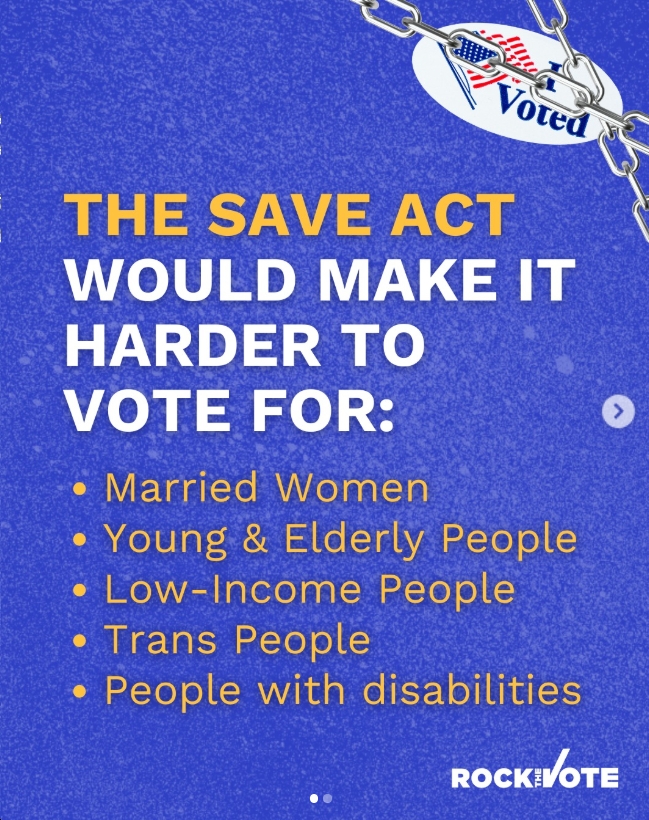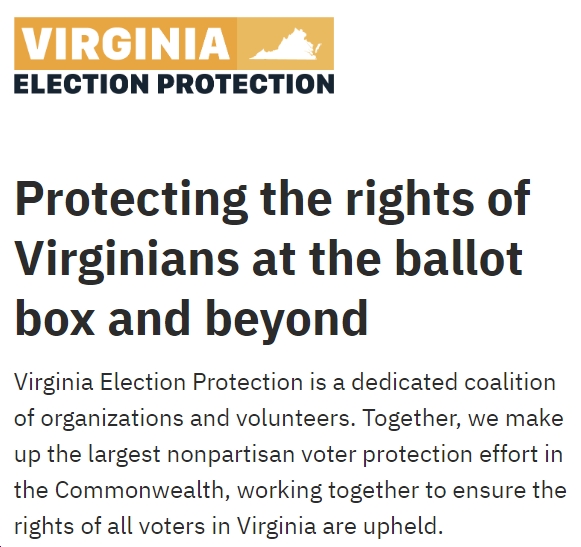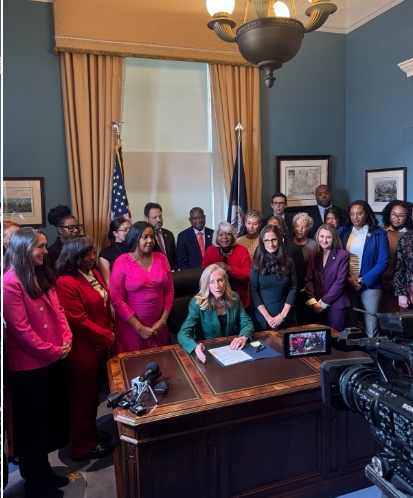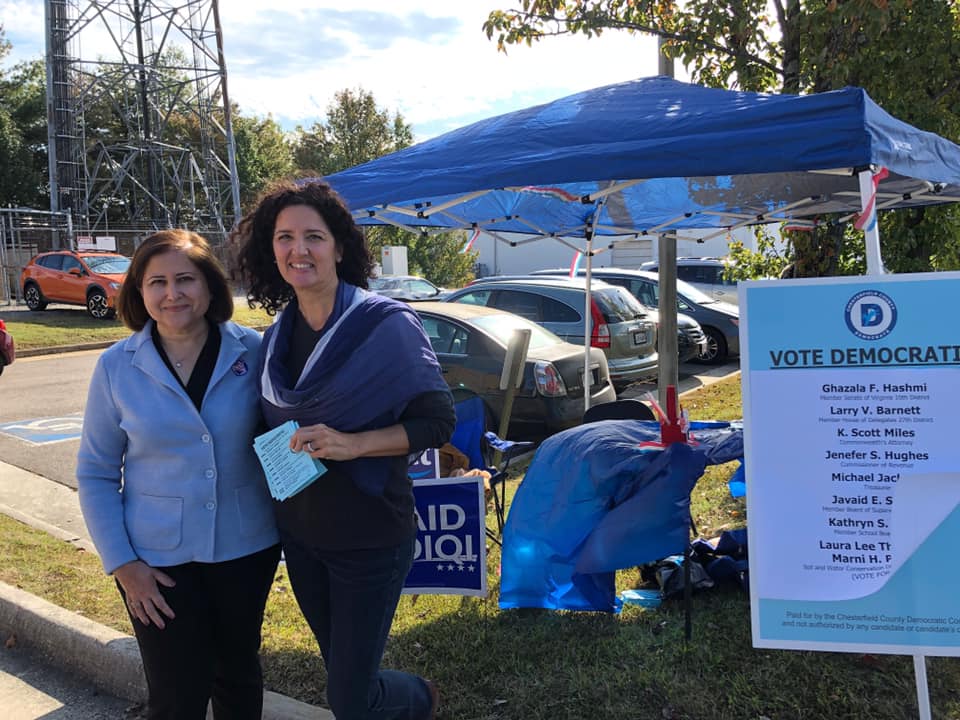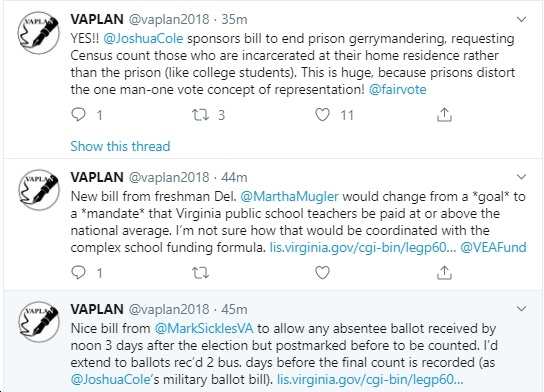Del. Patrick Hope (D-Arlington) last year introduced a bill providing that “in a county operating under the county manager plan of government, elections to nominate candidates for and to elect candidates to the board of supervisors may be conducted by instant runoff voting.” What is “instant runoff voting” (IRV), you might ask? In short, it’s
“a type of preferential voting method used in single-seat elections with more than two candidates. Instead of voting only for a single candidate, voters in IRV elections can rank the candidates in order of preference…Instant-runoff voting is used in national elections in several countries. For example, it is used to elect members of the Australian House of Representatives and most Australian state legislatures; the President of India and members of legislative councils in India; the President of Ireland; adopted and being used to elect members of Congress in Maine in the United States; and the parliament in Papua New Guinea. The method is also used in local elections around the world, as well as by some political parties (to elect internal leaders) and private associations, for various voting purposes such as that for choosing the Academy Award for Best Picture. “
I’d also point out that Rep. Don Beyer (D-VA08) has introduced legislation that would, among other things, “allow voters to rank the candidates in order of preference, rather than simply voting for their top choice.” I’d also note that DNC Chair Tom Perez has “talked up ranked choice voting,” and that here in Virginia, Arlington Democrats have used IRV multiple times in various caucuses. As this 2017 press release explains:
“Arlington Democratic caucuses have used IRV – Instant Runoff Voting – since 2014 in caucuses with more than two candidates for one slot… If one candidate receives more than 50% of the 1st choice votes, that candidate wins. If not, the candidate with the fewest number of 1st choice votes is eliminated and each of his/her ballots is re-distributed to the candidate listed as the 2nd choice on that ballot. The ballots are counted again and the process continues until one candidate receives more than 50% of the ballots”
Very simple – and very effective, I’d argue.
All of that background leads in to the main point of this post, which is the intense discussion that ensued after DNC member from Virginia, Frank Leone, posted on his Facebook page on December 19 in opposition to Del. Hope’s “Ranked Choice Voting” bill. As Leone argued:
“There’s a million things we need to do to improve voting in Virginia – making it more complicated, leading to voter confusion, long lines, and people not being able to vote isn’t one of them.”
That kicked off a discussion which has now seen 147 comments…and going strong a week later! See below for a few highlights, both pro and con (bolding added by me for emphasis). What do you think? Let us know in the comments section and/or vote in the poll (not IRV/RCV, ironically – lol), below.
- “I disagree. In fact, if we can switch to multi-member general assembly districts with a Single Transferable Vote system, it would solve the gerrymandering and partisan concentration issues that we face now. It would make the legislature look a lot more like Virginia. Each district would end up electing proportionally, making the GA roughly proportional, instead of a first past the post system we have now that in theory (if voters were equally distributed) could elect 100% of one party with 50.1% of the vote.”
- “Disagree, Frank. The times we’ve used it for caucuses, we’ve had no issues and hardly any questions.”
- “If ranked choice voting was used in 2000 and 2016 i am pretty sure the entire world would be different now.”
- “Instant Runoff Voting is easy and more democratic. I’m in favor of voting being more democratic.”
- “IRV works well wherever it has been implemented. And, third party candidates actually have a chance. Combined with auto voter registration, you’ve got a better version of democracy.”
- “…we don’t need to attack good ideas just because we have other good ideas. We can walk and chew gum at the same time.
- “Frank Leone is absolutely correct. There is no need to complicate the voting process. What is wrong with plurality elections? We have doing it forever. If you need a majority, then hold a runoff. I believe even a runoff election is wasteful, and has its own problems, but at least it would be a true representative of the second choice of voters (that attended the runoff). Ranked choice voting does not really accurately do that.”
- “With all the issues with IRV and the compromises that are made to ‘make it work’ it begs the question as to what is so wrong with simple plurality voting in a system like ours? Democrats tend to always be in search of the idealistic solution, it is in our nature. That is not a bad attribute, but we need to sometimes get out of our idealistic bubble and look at the real-world implications of things rather than always striving for perfection at all costs. If it is not broke, don’t fix it.”
- “Caucuses, in one of the most educated counties in the country, with a small group of party activists, isn’t a good test for a real election. And how many people do we have on hand to explain the process?”
- “That’s why FairVote conducted studies on hand. They have mountains of data on this. It’s really not confusing to voters. Ballot layouts are far more impactful than RCV.”
- “The voting is easy — you tell people to rank their preferences. Even in Podunk, VA, they know how to do that. It is also very easy to program a computer to handle counting with the instant runoff part. Feeble lawyer brains scared of technology can even handle it.”
- “…how many English language learner immigrants are there in Maine? Low SES people who are limited in English proficiency would have a lot of difficulty with this. Also limited English proficiency seniors. I’ve supervised usability tests of VA’s absentee ballot forms. You’d be amazed at the things LEP voters struggle with.”

